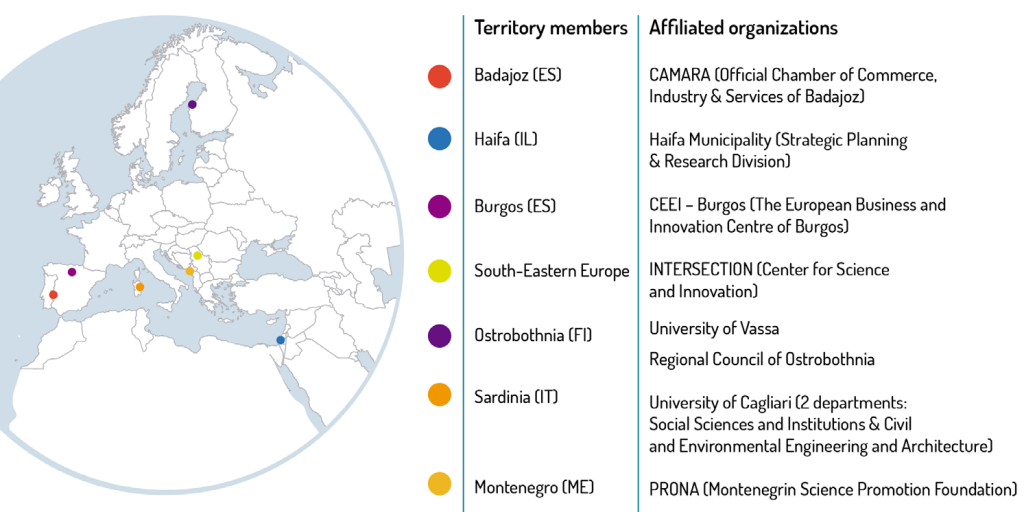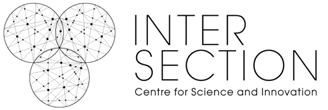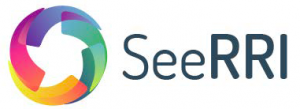Intersection joined the Horizon 2020 project SeeRRI (Building Self-Sustaining Research and Innovation Ecosystems in Europe through Responsible Research and Innovation) that aims to develop a framework and actions for building responsible regional development policies in Europe. Intersection became the part of the Network of Affiliated Territories (NAT) with the objective of contributing to its replication in South-Eastern Europe and other R&I ecosystems across Europe.

To self-sustain, SeeRRI ecosystem will be “healthy”, i.e. adaptive, resilient, reproducible, continuous learning, and open or closed when needed. With 12 quadruple-helix partners from government authorities, clusters and SMEs, academics, and civil organization, SeeRRI will build an integrated framework based on literature review and co-creation with the relevant stakeholders. By mapping the territorial R&I ecosystem, SeeRRI will understand the supporting conditions for R&I and identify the stakeholders that will be involved to formulate a variety of scenarios for building a self-sustaining ecosystem in their territories. The engaged stakeholders will gain awareness and insights while engaging in creative collaboration using workshops and open-labs, thus will function as multipliers and promote RRI principles in their territories and beyond. The input from stakeholders will contribute to defining and validating a framework for self-sustaining R&I ecosystems developed by the project team, which will generate concrete activities to be implemented.
Furthermore, SeeRRI will evaluate the activities carried out in the pilot territories and assess their impact at EU level, thus offering concrete guidelines for policies, suggesting conditions and governance structures for the R&I ecosystems with a roadmap tool identifying RRI openings in Smart Specialisation process.
Finally, SeeRRI will establish a Network of Affiliated Territories, i.e. territories with a composition that could mirror SeeRRI ecosystem, to help contribute, improve, and apply SeeRRI framework. Learning and best practices will be transferred across territories. This will facilitate its scaling-up at European and global level.
 English
English Српски
Српски
